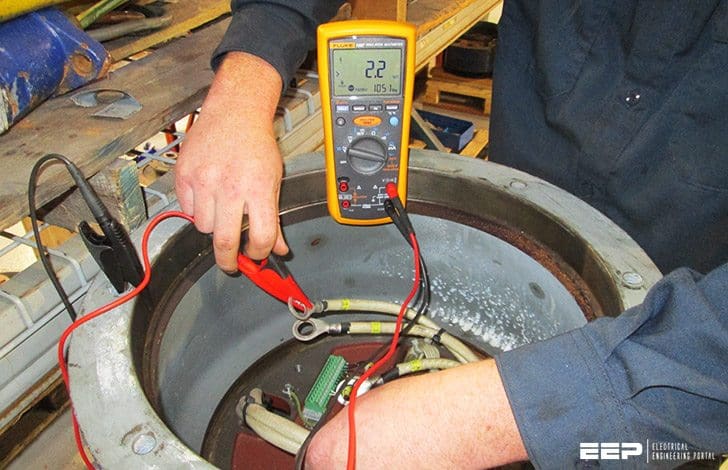What Are The Principles Of Electrical Insulation In Engineering Applications?
Insulation testing is an essential process that needs to be implemented in electrical works to ensure safety and reliability. It helps in identifying any issues with the insulation system, such as insulation breakdowns or defects, that can lead to outages, downtime, and other severe consequences. In this article, we'll discuss the principles of insulation testing and the importance of conducting this test. Insulation testing is performed to determine the resistance of the insulation material used in electrical equipment to the flow of electrical current. This measurement is important as it allows you to assess the effectiveness of the insulation material and identify any potential defects. The testing also helps to determine whether the insulation meets the required standard or not. The principle behind insulation testing is quite simple. A voltage is applied to the insulation material, and the amount of current that flows through it is measured. The applied voltage is usually higher than the normal operating voltage of the equipment to check it in extreme conditions. During this process, the leakage current flowing through the insulation is measured to assess the quality of the insulation. The electrical current flowing through the insulation provides valuable information about its condition, which can be compared against the manufacturer's specifications and the industry standards to determine whether the insulation is adequate or not. There are several reasons why insulation testing is necessary. First, it helps to detect any faults in the insulation material that can lead to electrical problems. This is particularly important for high-voltage equipment, which is more prone to insulation breakdowns. Secondly, insulation testing is used to ensure that the electrical system is safe. A faulty insulation system can lead to dangerous electrical shock hazards, which can be life-threatening. Lastly, insulation testing is an essential part of regular equipment maintenance. It helps to detect any issues before they become catastrophic. There are several methods of insulation testing, each with its specific advantages and disadvantages. The most common method is the spot insulation test. This test involves measuring the insulation resistance of an isolated section of the system. The resistance value is then compared against the expected value and the standards to determine whether the insulation is adequate or not. Another method is the time-resistance test, which determines the insulation quality by measuring the time taken for the resistance value to stabilize. This method is more useful for identifying insulation defects than the spot insulation test. The polarization index test is another commonly used insulation test. It measures the ratio of the insulation resistance at one minute to the insulation resistance at ten minutes. This test is useful for detecting the possibility of moisture in the insulation material, which can compromise its effectiveness. The dielectric absorption test is used to test the equipment's ability to store charge after being discharged. It measures the time it takes for the insulation resistance value to stabilize after the applied voltage is removed. This test is particularly useful for detecting insulation defects in high-voltage equipment. In conclusion, insulation testing is a crucial process that helps to ensure the safety and reliability of electrical systems. It involves measuring the insulation resistance of electrical equipment to determine its effectiveness and identify any potential defects. Regular insulation testing is essential for maintaining safety standards and preventing catastrophic equipment failure. It is crucial to work with professionals with the necessary expertise and experience in insulation testing to ensure that equipment is adequately tested and that potential hazards are identified and appropriately remedied. Remember to schedule regular insulation testing to keep your electrical systems in top working order. 

electrical-engineering-portal.com - insulation testing principles electrical tester alternating current appear logical choice because test source would use
Post a Comment for "What Are The Principles Of Electrical Insulation In Engineering Applications?"